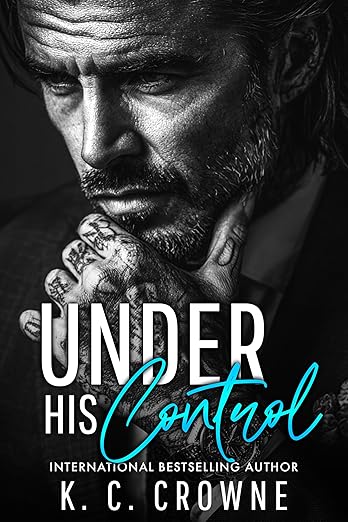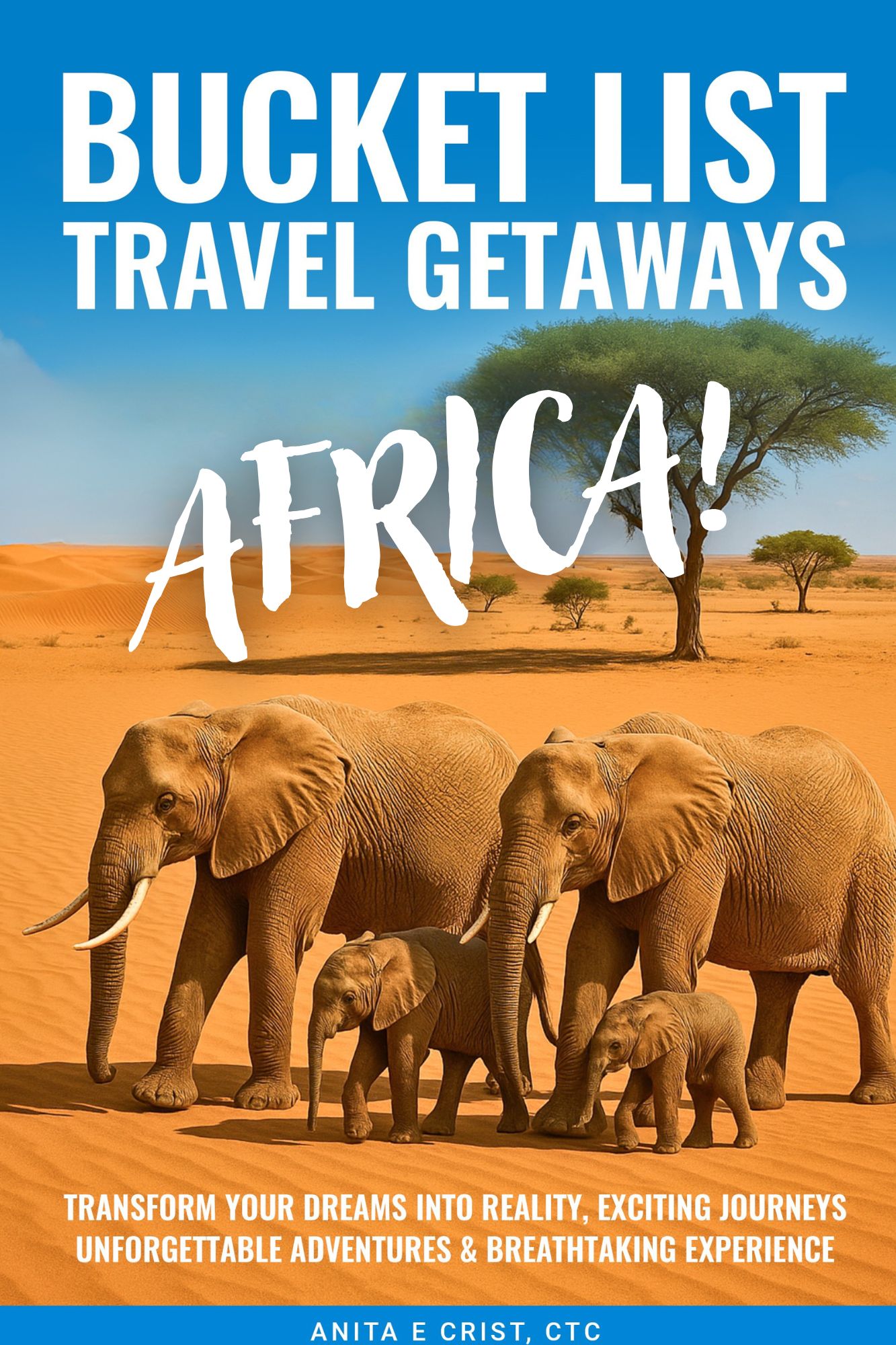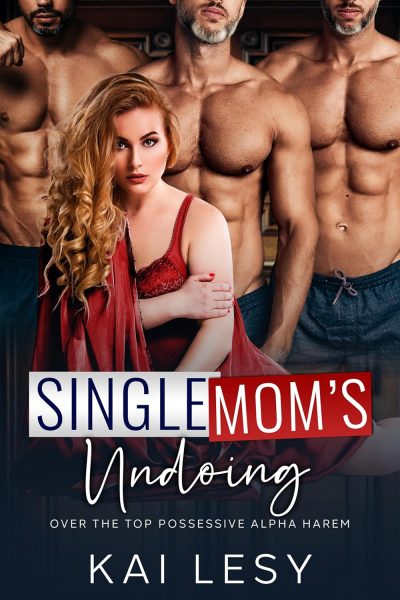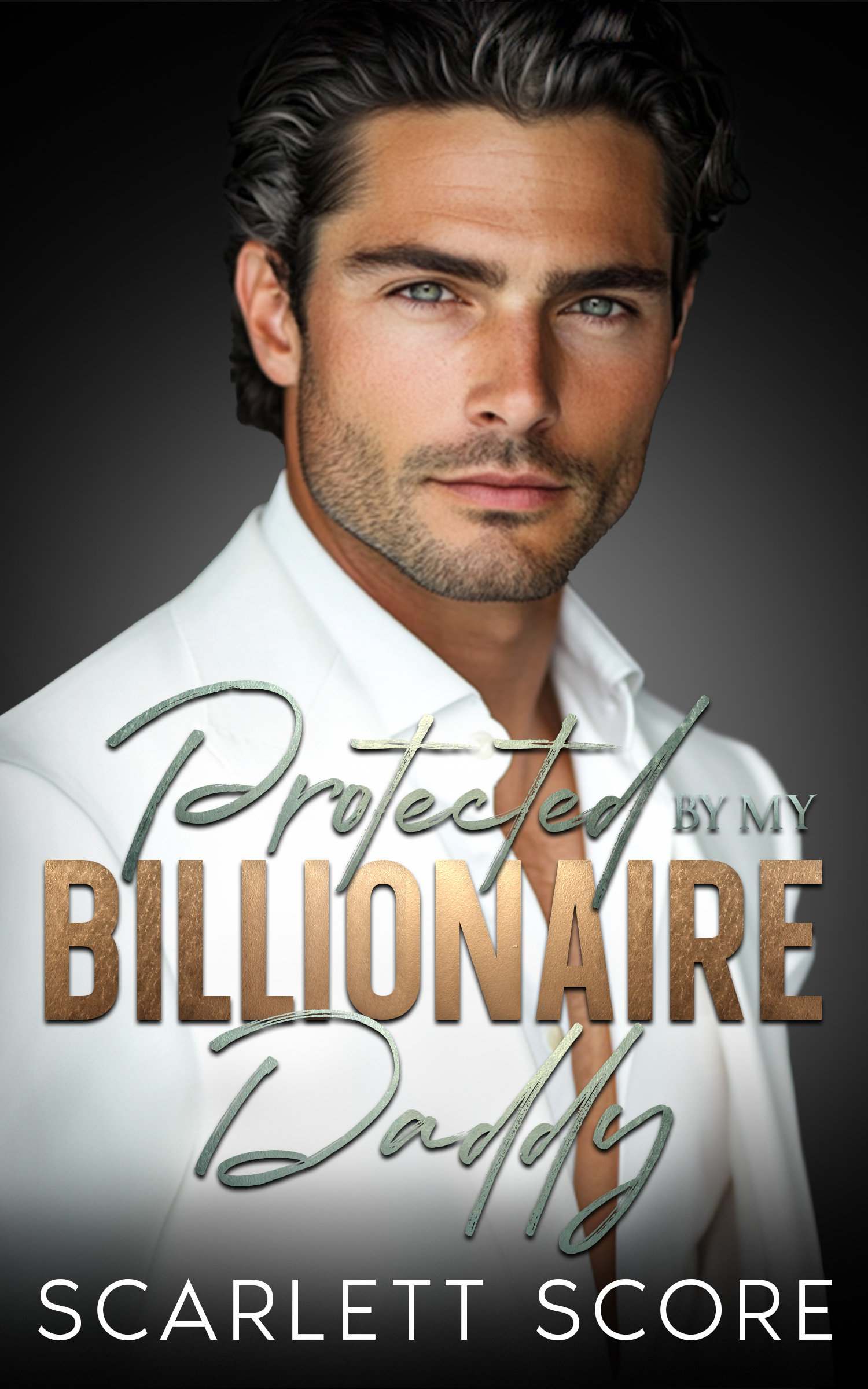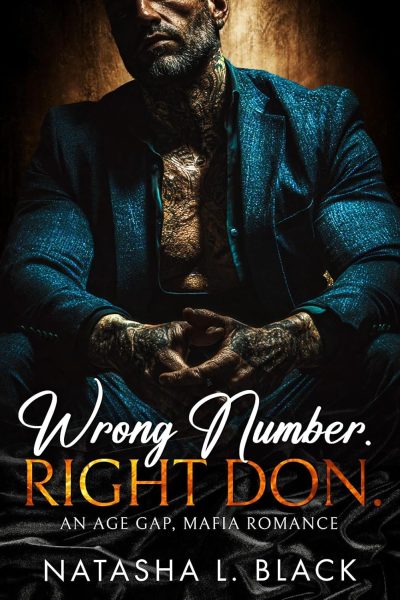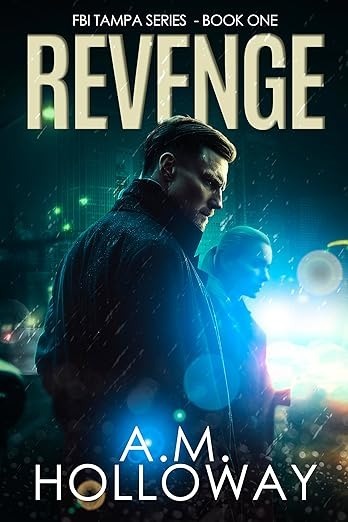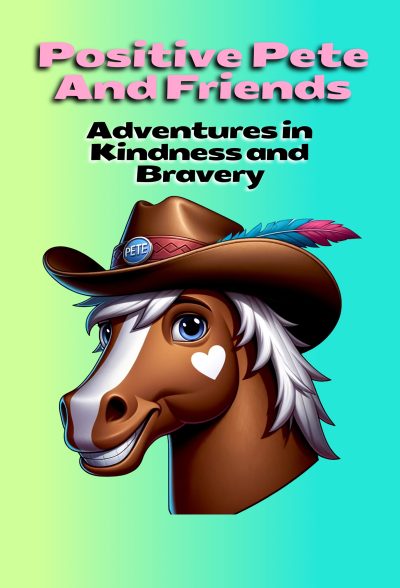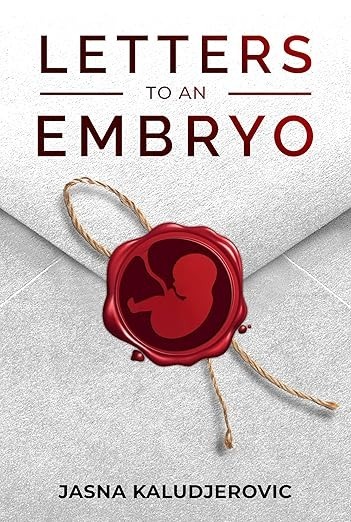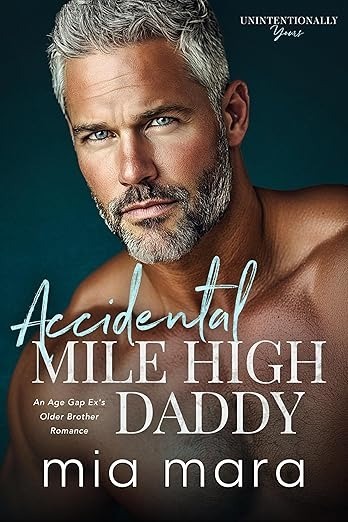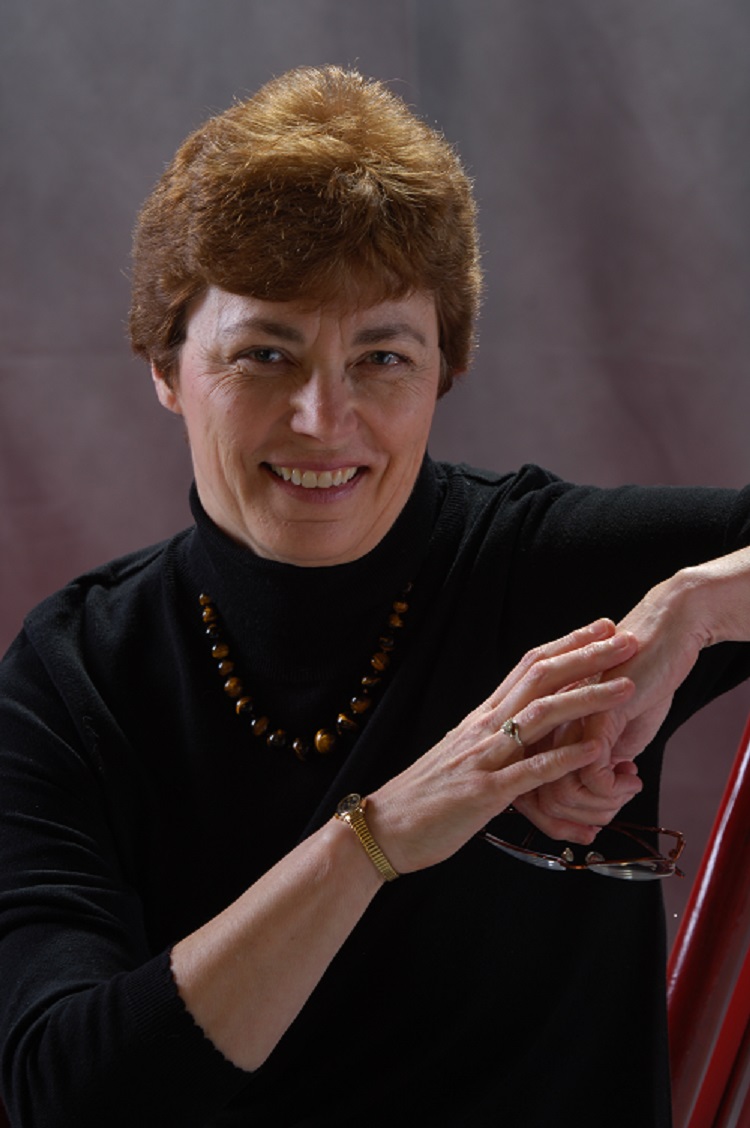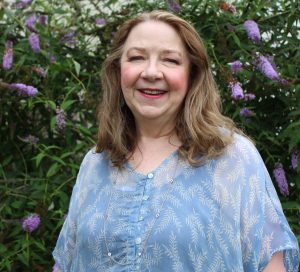 Tell us about yourself.:
Tell us about yourself.:
I'm a journalist, humanitarian reporter, bestselling and award-winning author, creativity coach, and mom to adult children. As a researcher and writer for National Geographic and Kiplinger, and later, working 25 years for the International Red Cross and Red Crescent, my work took me throughout E. and W. Europe, Africa, and the Middle East. I met some of the most courageous people I've met along the way, and my novels are my tribute to them, facing insurmountable odds and full of kindness. I've written three novels: THE SHORES OF OUR SOULS, A THOUSAND FLYING THINGS, and MOMENTS ON THE EDGE. I'm finishing up my fourth book. My husband of four decades and I live in Maryland. I love music, nature, cats, coffee, and meeting new people everywhere. It's nice to meet you!
Where did you grow up, and how did this influence your writing?:
I've lived and worked all over the U.S. and world, but all my family comes from South Carolina. My generation of paternal cousins live on one road except for me. We're all descended from farmers and teachers. Several of us went on to be humanitarians.
I was born in Chicago, where my dad worked as an FBI agent; he investigated people who abused or kidnapped children. My mother was a teacher for nearly 20 years until she contracted early onset Parkinson's when I was 12. She'd always wanted to write, and my Southern family sat on porch swings drinking sweet tea and telling their stories of the day. My love of story, my mom's illness, and the subsequent financial struggles my family went through … they all lit a fire under me. I didn't wait to write. I wrote my first novel at 21, and it won my (Hollins) university fiction award. I never looked back.
I write my books from a Southern perspective, character-driven, drilling into their psychological motivations, with Gothic elements, but my time in other countries is what I write about. It's what I have known best as an adult., and it's what inspires me.
I wrote a poem for my church bulletin when I was in high school, called "Oneness in the World." That, and the Geneva Conventions, are what I live and write by. I would like to think my books allow others to walk in other people's shoes and feel them. I hope my stories allow and inspire them to see things differently for 300 pages.
But every word I write can be traced back to both my grandmothers' porch swing conversations, gazing out at cows, corn, and two beautiful barns on a sweltering summer day.
Do you have any unusual writing habits?
I don't consider any writing habits unusual. It's whatever works for a writer.
Maybe some would think my (figuarive) Greek chorus in the window by my desk would be unusual. I have tiny stuffed animals of Thing One and Thing Two from THE CAT AND THE HAT and a few of Sendak's WILD THINGS gazing at me as I write. I include Thing One and Thing Two in A THOUSAND FLYING THINGS. I also have a portrait of Faulkner peeking out at me over the computer. I rest my laptop on books by Eudora Welty and Barbara Kingsolver.
I surround myself with symbols from my books: a dental utensil from my first novel, a vase of ceramic poppies from my second novel, and blue feathers and origami herons from my third novel.
I talk to them and my characters, but I think a lot of writers do that. If I'm stuck in a scene, I enlist their support.
What authors have influenced you?
I've lived and worked all over the U.S. and world, but all my family comes from South Carolina. My generation of paternal cousins live on one road except for me. We're all descended from farmers and teachers. Several of us went on to be humanitarians.
I was born in Chicago, where my dad worked as an FBI agent; he investigated people who abused or kidnapped children. My mother was a teacher for nearly 20 years until she contracted early onset Parkinson's when I was 12. She'd always wanted to write, and my Southern family sat on porch swings drinking sweet tea and telling their stories of the day. My love of story, my mom's illness, and the subsequent financial struggles my family went through … they all lit a fire under me. I didn't wait to write. I wrote my first novel at 21, and it won my (Hollins) university fiction award. I never looked back.
I write my books from a Southern perspective, character-driven, drilling into their psychological motivations, with Gothic elements, but my time in other countries is what I write about. It's what I have known best as an adult., and it's what inspires me.
I wrote a poem for my church bulletin when I was in high school, called "Oneness in the World." That, and the Geneva Conventions, are what I live and write by. I would like to think my books allow others to walk in other people's shoes and feel them. I hope my stories allow and inspire them to see things differently for 300 pages.
But every word I write can be traced back to both my grandmothers' porch swing conversations, gazing out at cows, corn, and two beautiful barns on a sweltering summer day.
Do you have any advice for new authors?
You're going to get a lot of advice, most of it conflicting. Just follow your heart. Don't do what makes you less motivated to write. For years, I was told not to self-publish, and so having had a traditional literature and creative writing education, I listened for most of my life. However, I had to republish my last novel myself when my publisher went out of business. Small publishers tend to eventually do this because they run their businesses with a love of books and a pittance of an income. I feel so free and fulfilled. I wish I'd done it sooner. I got to choose my own path, and my third novel is soaring.
But listen to what your intuition is telling you to do, not me. Be ready for a challenging road, but know it's worth it. Your story is important. I know that because your story is unique, and all our stories are contributing to Humanity's Greater Story.
What is the best advice you have ever been given?
My, that's an important question, and so I'm answering it last. I took a day to think because I'm blessed to have been given a lot of good advice.
My mother taught me to be authentic, to be who I am and do what I love.
My father taught me that "everyone has problems and challenges." When I said that wasn't fair, he said, "It's what you do with those challenges and problems that makes your life rich."
My maternal grandmother taught me kindness. She told me to always be kind. That the guy who cut you off at the stop sign is dealing with much more than I could even imagine.
So maybe that's it: Always. Be. Kind.
What are you reading now?
I just finished Mimi Herman's THE KUDZU QUEEN and Saborna Roychowdhury's EVERYTHING HERE BELONGS TO YOU. I'm now in the middle of Alice Hoffman's WHEN WE FLEW AWAY, which tells the story of Anne Frank's pre-WW II early life, before Frank wrote her own memoir.
What’s your biggest weakness?
It's changed over the years.
Bottom Line: My biggest weakness is also my biggest strength: my ability to empathize with others.
In my 20s, I wanted everyone to like me. When I figured out that wasn't going to ever happen, I went inward and hyper-focused on building my own success. I almost forgot to build a family. Until the past few years, I gave away too much of me–my time, expertise, and empathy–for free. These days, I'm kind, compassionate, and ask for respect and payment for my worth. I'm an excellent literary citizen, but I need time to sleep. So I've begun charging a nominal amount to answer questions by email. Life needs to be balanced. We reap what we sow. But if we're always planting other people's seeds, ours wither on the vine. I still give more than I receive, but I have a little more time to write, which means more book are coming!
What is your favorite book of all time?
My favorite book of all time by a male author is EAST OF EDEN by John Steinbeck. My favorite book of all time by a female author is THE POISONWOOD BIBLE by Barbara Kingsolver. It's tough though, because I have international authors' books I adore, too, like Egyption lingiust and author Ahdaf Soueif's THE MAP OF LOVE.
I have to give them equal opportunity. I did love Steinbeck's for longer, but Kingsolver came after him, and I've read everything they both wrote.
When you’re not writing, how do you like to spend your time?
I read a lot, but that's almost become part of my career with my international story podcast and reviews. I meditate, usually with my cat Rhapsicle on my lap. I walk a lot, trying to get my 10k steps in. I love to celebrate family and friends. Most of all, I love meeting new people and immersing myself in different cultures through travel. I've visited most every continent. I also sing. I'm a mezzo soprano.
Do you remember the first story you ever read, and the impact it had on you?
The first story read to me was about poodles, although my parents read nursery rhymes and fairy tales to me from infancy. My father called me "Miss Muffet and Princess Winnifred (in "The Princess and the Pea.")
The first story I read myself that had a plot was THE THREE LITTLE HORSES by Piet Worm. The horses disguise themselves as princesses and go out into the human world. They are feted until they're discovered and they figure out a way to go back home to the good life in their very own field.
I loved horses, and I knew animals were anything but dumb. I dreamed of being a princess traveling around the world. It was like the author was speaking directly to me.
The book made me realize that I could write something that could make another reader feel like that. So I began trying to do that in fifth grade, writing a story a week.
What has inspired you and your writing style?
My front porch rocker stories from my family, the Southern turn of phrase and rhythmic speech, Gothic fiction in general, and my humanitarian work, which took me all around the world to meet people who were passionate about making a difference and other people who were surviving insurmountable odds who held on to hope and love. Last but not least, females of the generation preceding mine, who paved the way for me to have a career and a family. People like Gloria Steinem, of course, people like Eudora Welty, for sure, but also my maternal grandmother Annie Lee Benfield and my mom, whose father prevented her from taking her dream job, working with computers in Los Alamos. She taught business education, and she inspired her students, and me, to never settle. That we could have both. And I have.
What are you working on now?
I am almost finished with a memoir of my late teens and 20s, which takes place from 1978-1981. It's working title is MY FIRST FIANCE: My Early Adventures in Love, Squalor, Misogeny & Mahyem. It was an era where women were finding their footing in the workplace and in love. We still haven't broken the glass ceiling, but if we forget where we were as women, we will never do it. We are so close. That's why I'm writing this book. I also have begun the third book in my Bridge Between Shores series, which includes two of my novels.
What is your favorite method for promoting your work?
I love conversations of any type, anywhere. I'm not able to do a physical book tour all the time, and so I'm thrilled for the virtual opportunity to do so. I love appearing with book clubs, libraries, adult literacy programs, schools, and just with a neighbor I meet on a walk. I love podcasts, and I have one myself, interviewing authors from all over the world.
What’s next for you as a writer?
I have plenty of stories and not enough time to tell them in this lifetime. I have a series of memoirs, a time travel series, and a psychic detective series, all in the works.
Write. Edit. Publish. Promote. I hope to meet all of you as I do this.
How well do you work under pressure?
Well I would hope I do. I have always worked on deadline, I have had to cut copy to fit tiny spaces at the last minute, I'm used to a newsroom with people cursing and throwing things because they are stressed. I've been to remote and sometimes violent places, reporting on the situation on the ground, often with equipment that breaks down. I've covered disasters from the first Persian Gulf War to the war in Rwanda, to famine in Somalia, to the early days of HIV/AIDS.
I don't enjoy the pressure, and I try not to create any drama myself, but I always come through with a story.
How do you decide what tone to use with a particular piece of writing?
My characters or the people I interview dictate everything about tone and voice in a story. Genre is also important. I wouldn't use a narrative voice in an investigative newspaper article, any more than I would use a "just-the-facts" tone or structure in a novel, which I believe needs to make the reader feel. A newspaper article tells people what's happening and how to find out more, even suggests solutions. A piece of fiction lets them travel with a character they might never meet on their own.
All my novels start with an image, and then just like a play, the characters enter, and begin to speak. They drive voice, tone, and most of the plot.
If you could share one thing with your fans, what would that be?
My gratitude for your loving books.
Please don't stop reading. Feel free to scroll the internet, feel free to watch movies and Netflix. Yet remember that you can hold a book, return to that book, mark your favorite passages, share it with a friend. Every book has a unique power. Recordings are ephemeral. Books last an incredibly long time. We don't have Shakespeare's live plays. They are long gone. We have his plays written in books, so we may make them our own.
Kathryn Brown Ramsperger’s Author Websites and Profiles
Website
Amazon Profile
Goodreads Profile
BookBub Profile
Kathryn Brown Ramsperger’s Social Media Links
Facebook Page
Twitter
Instagram
LinkedIn
YouTube Account

